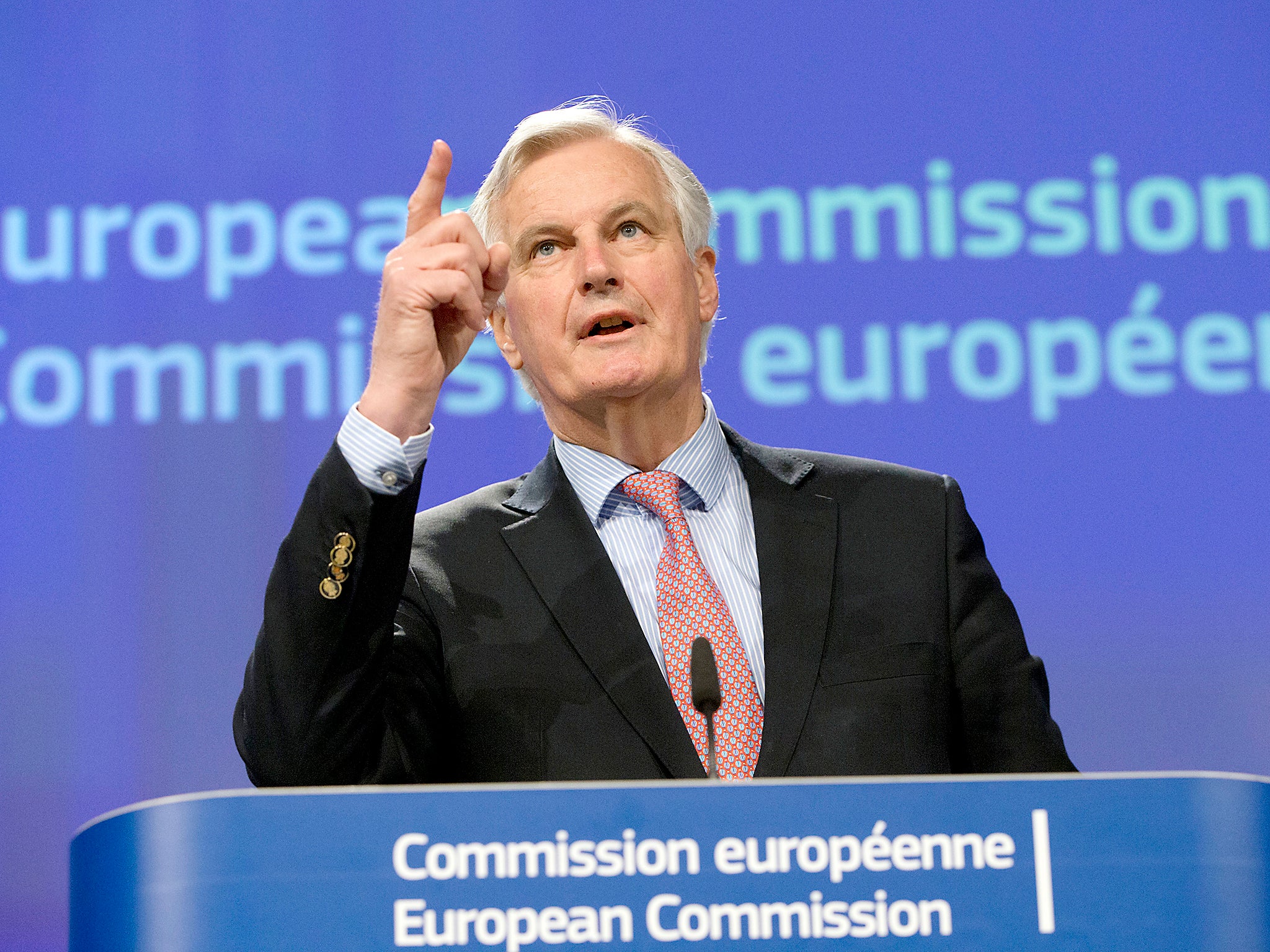This is the truth about the UK's 'Brexit bill'
In most international disputes you would either go to agreed arbitration or have in the contract a jurisdiction that would settle things. The problem here is that is hard to see quite who to go to


The row about the bill that the UK might pay for leaving the EU is entirely predictable, but troubling for all that. It is predictable because at the start of any negotiation each side pitches it big and the purpose of the negotiation is to narrow down the difference. The numbers sound enormous but in relation to the economy they are quite manageable. But it is troubling because of the tone of the debate. The danger, as in any divorce, is that overly-aggressive lawyers will turn what ought to be a reasonably amicable settlement into an angry breakdown.
The numbers first. The UK is paying some £8bn a year net into the EU, a figure that were we staying in would have risen to around £10bn. That makes us the second largest net contributor after Germany, though per head of population the Dutch pay a bit more than we do.
Look at this from the EU point of view. They are losing what for them is a huge amount of money, so it natural that they should seek to maintain the inflow of funds for as long as possible. The EU is committed, either legally or in practice, to spending plans beyond the moment when the UK leaves, so there is a hole that has to be filled. Add everything up and you can come to a tally close to €100bn, or about £85bn.
Now look at it from the UK point of view. We have been an enormous net contributor into the EU coffers for more than 40 years. Most of that money has been spent on for example subsidies to net recipient countries. But some of it has gone to acquire EU assets, such EU-owned property or subscriptions to the European Investment Bank. As EU members we are the part-owners of those assets, and when we leave it is reasonable we should be paid for our share. In a divorce you split the property. You could even come up with a tally, taking into account our past subscriptions, that the EU owes the UK money, not the other way round.
In most international disputes you would either go to agreed arbitration or have in the contract a jurisdiction that would settle things. The problem here is that is hard to see quite who to go to. It cannot be a European court or a British court, and I don’t think either side would like to involve the US court system. The history of international politically-imposed settlements is not a happy one – think of the reparations Germany had to pay after the First World War. So in practice this is going to have to be a political agreement, and that is evidently very difficult.
And yet the numbers are not really that big. Let’s assume that the final deal were for the UK to pay €50bn, or around £40bn. The clock is running now so that would be £8bn for the five years of the forthcoming parliament. That is a bit less than we would be paying were we still members. After that we would be clear. That sort of deal should be sellable to the electorate, particularly if some of the disbursements, for example supporting refugees that have come to the EU, could legitimately come out of the aid budget.

The trouble with reaching such a deal is that the tone of the debate will sour relations even after the financial deal is done. There were the Juncker antics after the No 10 dinner but that was fair game. Claude Juncker is not at all the buffoon he is sometimes portrayed as in the British press. He engineered the growth of Luxembourg as a business and financial centre pretty much from scratch by creating clever loopholes for multinational corporations and specialist investment institutions. The threat from Michel Barnier, the EU’s chief negotiator, to take the UK to court (which court?) is equally part of the standard pre-negotiation dance. He is thoughtful and sensible and will do his best for Europe.
What is worrying, though, are the political dynamics. For our Prime Minister to accuse the EU of seeking to influence the result of the election, as she has just done, is big stuff. Her charge that the Commission does not want the UK to prosper has a ring of truth to it. This is not something that UK consumers will take comfortably to and there is already some evidence of people trying to switch away from buying European products. (The Co-op has become the first retailer to sell British-only fresh meat.)
In an ideal negotiation both sides gain something. It is quite possible that this could happen here, with Europe free to integrate further if that is what it wishes to do, and the UK free to trade more with the rest of the world. But this is being seen as a zero-sum game, or worse, a game where everyone loses. Let’s hope, post the elections in France and Germany (maybe Italy too), and of course here, that politics settle down and the grown-ups take charge again.
Join our commenting forum
Join thought-provoking conversations, follow other Independent readers and see their replies
Comments
Bookmark popover
Removed from bookmarks